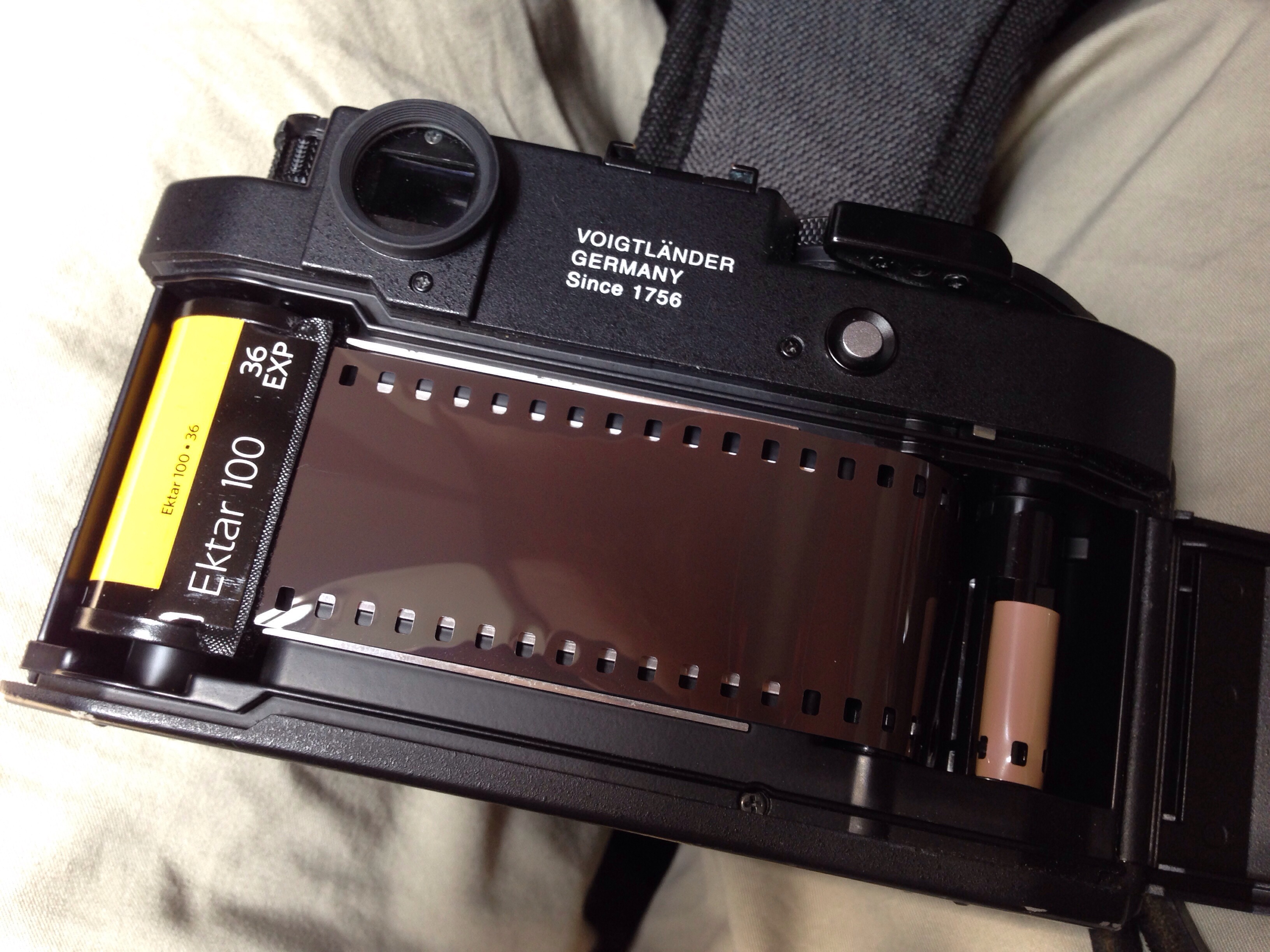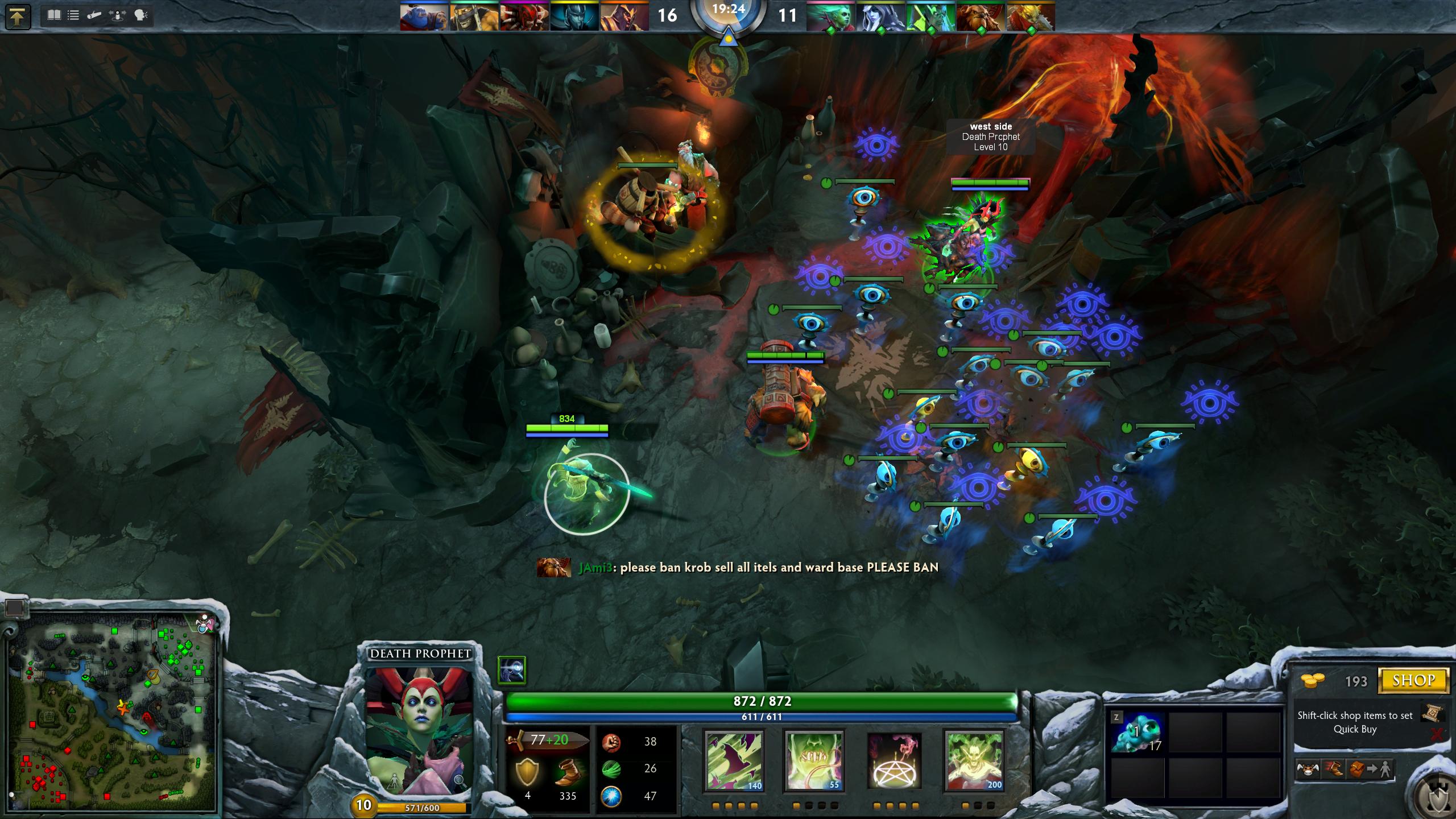In my continuing quest to find some kind of full time employment, something that won’t make me want to commit seppuku at the end of every working day, I ask myself the following question: what kind of job do I want?
The fact that I have no answer kind of explains why I’m in this predicament in the first place. I’m honestly not sure what kind of job I want, and the issue is further compounded by the fact that a job that looks good on paper might turn out to be the most soul-sucking drudgery in real life that I’ll end up hating it, myself, and everyone else in close proximity.
In other words, I guess you could say the job hunting is going well.
A few months ago, the internet exploded over the controversy a Penny Arcade job posting generated, but for the life of me, I don’t really understand why.
You can read the full position description over at LinkedIn, but I’ll quote the best part:
We are quite literally looking for a person that can do four jobs: Web Development, Software Development, Sys Admin, and the (dreaded) GENERAL IT for us here that need help configuring a firewall for a dev kit, etc. Sorry, I know that’s the WORST, but it’s absolutely part of the gig.
They’re not sugar-coating it. They need one person to do the jobs of four people (and do them well), and you know what? They’ll probably find someone, being Penny Arcade and all.
Here’s the part I don’t get, though: most of the Internet Rage™ was centred around how the individual that filled this position, the one who did all these jobs, would quickly burnout. Some called it “exploitation“, others still “insultingly horrible“, but I don’t see it.
Call it naivety about employment and the work/life balance, but I don’t see how it could. Sure the job would be (extremely) demanding, and sure, you might even work hard for little pay, but surely if you were applying for the job in the first place, you would have already made a conscious choice to do all of the above, at some time or another?
The reality is that unless your name is Marco Arment, you’re going to start somewhere in a job just like this. It might not be somewhere as (depending on who you ask) glamorous as Penny Arcade, and you may be doing slightly different things, but chances are, you’ll start out in a job that gives you little to no recognition for all the hard work you do that isn’t explicitly in your job description.
The way I see it, there’s two ways of approaching employment. You can treat your job like a 9-to-5, by clocking in, doing your job, and clocking out. That might pay the bills and put food on the table, but I doubt you’ll feel fulfilled by the work you do. Or, you could find a job you actually enjoy, actually put some effort into it, and at the end of the day, you’ll feel like you’re making a difference, even if you didn’t or don’t change the world.
Sure, you could settle for less. Ask anyone who has experienced “startup culture”, though, and you’ll realise that people working at startups don’t treat their jobs like any other 9-to-5. If they did, they’d probably find their startup crashing into the ground pretty quickly. Do you really think employees of startups, or those who are self-employed have a work/life balance? By the same token, do you think they enjoy the work they do?
Of course not, and of course they do. They wouldn’t be doing it, otherwise.
I’m not really sure what I’m looking for in a job. Something I enjoy would be great, but beyond that, I really have no idea. I’m waiting for the right opportunity to come up, but since I’m not really looking, the chances of that happening are pretty slim.
I was talking to a friend who basically told me the same thing, that there’s no such thing as “the perfect job”. In the end, I think that any job I end up with I’ll be equal parts mundane and unexciting as it will be fun and fulfilling. The key will be finding that balance.
Additional wisdom dispensed by my friend included the suggestion that I find anything just to get my foot in the door in order to get some experience behind me, which honestly isn’t a bad suggestion. The only problem with that is, what if I end up hating it and end up leaving six months to a year later? The question then becomes: did I just find out what kind of job I don’t want? Or did I just waste a bunch of time? I mean, if I’m going to waste time, I might as well do it in a way that I enjoy; by raising my ranked match-making rating in DotA 2, which currently sits at just below 2400. I’m not getting paid to play DotA, obviously, but it’s fun. Most of the time, anyway.
I guess the reason I care so much about this stuff is that I currently have a few regularly paying jobs, and fitting them all in the same 24-hour period leaves me with little time for anything else. I can handle a few of them and still have a lot of time to myself, but it’s a combination of all of them that leaves me with very little free time.
I could quit a few, but why? It’s only hectic sometimes, and provided I turn down a few extra shifts during the weekdays I’ll more or less get to keep my sanity and still have ample time to play some DotA.
Which is all a guy could ask for, really.


